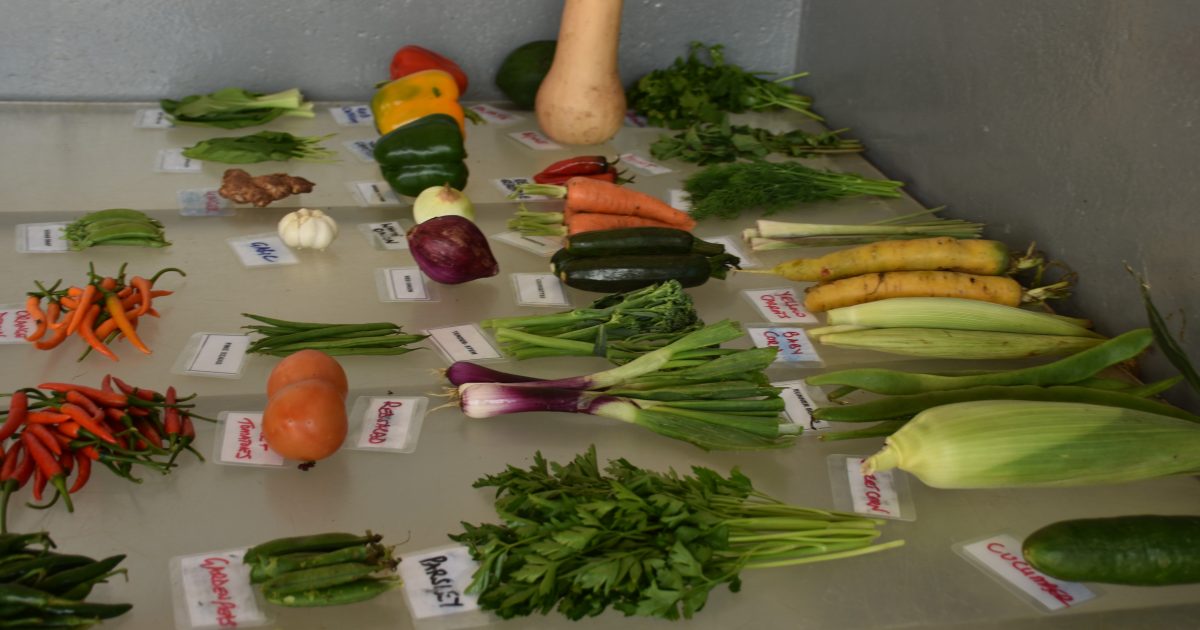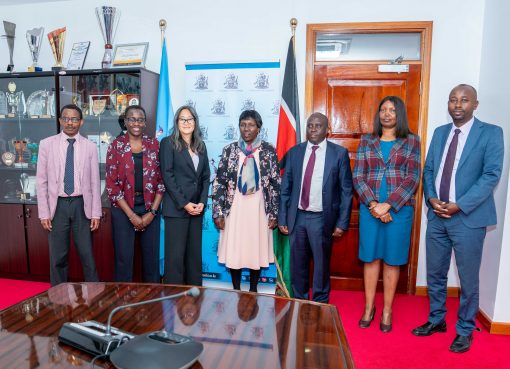Agricultural commodities such as vegetable oils and cereals have been recording low production growth rate vis-a-vis the high demand growth.
This can be one of the primary drivers of increasing trade deficits in many sub-regions in the continent.
According to Food Agricultural Authority (FAO), African countries are vulnerable to logistical and international distribution disruptions, such as those resulting from the Covid-19 restrictive measures but this also creates opportunities for the development of regional value chains in certain commodities thus increasing intra-regional trade in Africa
Currently Intra-African agricultural trade is estimated to be less than 20 per cent, with a small share of Africa’s total agricultural trade being with other African countries and yet Africa is a net food-importing region of commodities such as cereals, meat, dairy products, fats, oils and sugar, importing about USD 80 billion worth of agricultural and food products annually.
FAO and the African Union Commission’s Department of Agriculture, Rural Development, Blue Economy and Sustainable Development (AUC-DARBE,) have launched a guide to Boosting Intra-African Agricultural Trade (BIAT) under the new African Continental Free Trade Area (AfCFTA) agreement.
The AfCFTA began trading January 1st 2021 and is the largest free trade area in the world in terms of the number of countries covered, representing a market of 1.2 billion consumers.
FAO Assistant Director-General and Regional Representative for Africa, Abebe Haile-Gabriel during the virtual launch of the FAO-African Union publication, said the Framework for Boosting Intra-African Trade in Agricultural Commodities and Services is a blueprint for expanding agricultural trade between African countries aimed at unlocking the potential of the agricultural sector to contribute to sustainable and inclusive growth for Africa.
“The Framework provides a timely catalyst for the transformation to more efficient, inclusive, resilient and sustainable Agri-food systems, sustainable development and prosperity in Africa,” he said.
African Union Commissioner, Josefa Sacko, said that a key priority will be the pursuit of industrial transformation policies and programmes that support the private sector to add value to African exports, compete with imports from outside Africa and expand opportunities for job creation.
AfCFTA Secretary-General, Wamkele Mene, further said that the Framework will help policy-makers and the private sector to develop strategies, policies and programmes to promote intra-African agricultural trade and the development of agricultural value chains, so that stakeholders, including farmers, small and medium agri-businesses, women and youth, can reap the benefits of the AfCFTA single market.
“Action areas include trade policy, trade facilitation, productive capacity, trade-related infrastructure, trade finance, factor market integration and cross-cutting issues, including the strengthening of trade and market information systems,” he added.
African countries have undertaken commitments to remove tariffs on 90 per cent of over 5,000 tariff lines and to liberalize services.
It is estimated that tariff liberalization in the transition phase could generate welfare gains of up to USD 16.1 billion, and growth in intra-African total merchandise trade of 33 per cent, up from 15 per cent.
The AfCFTA comes after African Heads of State and Governments committed in 2014 to triple intra-African trade in agricultural commodities and services by the year 2025 as part of the Malabo Declaration.
Jean Senahoun, Senior Economist at FAO’s Regional Office for Africa, says that increased trade represents a paradigm shift away from business as usual and is an important part of the collaborative work towards boosting food security and nutrition for all Africans.
Africa is a growing net importer of agricultural products and between 1996 and 2016, exports grew at four percent, slightly behind imports which grew at six percent over the same period.
Africa is also responsible for less than four per cent of international trade of agricultural products, with the main challenge being Non-tariff barriers (NTBs), with an example of the number of hours required to comply with border requirements being 78 per cent higher in Africa than the world average.
By Wangari Ndirangu





